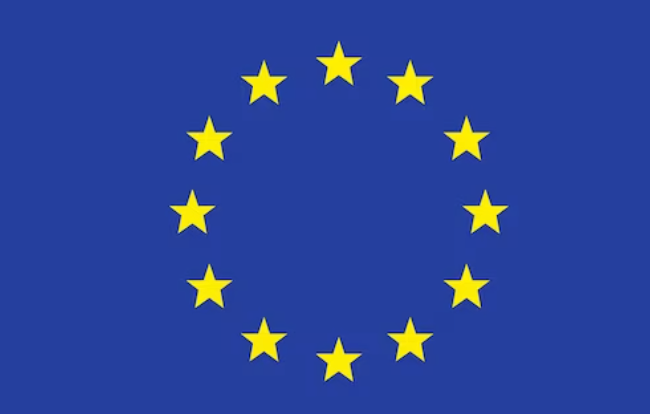$NVDA $GOOGL $BABA
#AI #Europe #Innovation #Technology #Investment #China #US #Stocks #Crypto #Regulation #Market #Growth
Europe is positioning itself as a key player in the global race for artificial intelligence leadership, aiming to counterbalance the dominance of the United States and China in this crucial technological sector. For years, the region has been seen as lagging behind in AI innovation due to cautious regulatory policies and a fragmented investment landscape. However, recent efforts indicate that European governments, startups, and tech companies are keen to accelerate progress by increasing funding for AI research, improving collaboration between different countries, and creating a regulatory framework that fosters innovation without stifling competition. Despite past concerns that Europe’s stringent data privacy rules and risk-averse approach have held back its tech sector, leaders are now attempting to change that perception, emphasizing the importance of becoming a major player in AI development.
One of the major factors influencing Europe’s AI landscape is investment. The U.S. and China lead in AI funding, with Silicon Valley giants like $NVDA and $GOOGL pouring billions into machine learning, cloud computing, and AI-driven automation. Meanwhile, Chinese companies such as $BABA have been advancing in AI infrastructure, smart cities, and surveillance technologies. Europe, in comparison, has struggled to attract venture capital at the same scale. However, governments and private investors in the region are now realizing the economic potential of AI and are working toward making more capital available for startups and AI-focused enterprises. Companies and research institutions in Germany, France, and the U.K. are increasingly receiving funding grants, and the European Innovation Council is actively facilitating AI-related projects. The push for AI investment could have direct implications for the European stock market, particularly for tech-heavy indices like Germany’s DAX and France’s CAC 40, as well as for publicly traded AI firms operating in the region.
Another key component of Europe’s AI strategy is regulation. While the European Union has led efforts to ensure ethical AI development—prioritizing transparent and explainable algorithms—the debate remains whether strict rules will inhibit the ability of European companies to compete globally. The European Commission has proposed the AI Act, which seeks to regulate high-risk AI applications while still allowing innovation in lower-risk areas. However, if regulations become too restrictive, there is a risk that European AI startups will relocate to the U.S. or Asia in search of a more flexible environment. Still, supporters argue that a well-regulated AI market will boost consumer trust and long-term growth by preventing potential misuse of AI technologies.
The global AI race is not just about technological advancement but also about economic influence and geopolitical power. The ability to lead in AI will shape future financial markets, job creation, and industrial automation. Europe’s proactive efforts to foster AI research and development could serve as a catalyst for tech-sector growth, helping to reposition the region as a competitive force in the digital economy. If Europe can successfully boost AI-related investments while implementing regulations that strike a balance between innovation and responsibility, the region could shake off its reputation for being slow-moving in tech and establish itself as a formidable player in the evolving AI landscape.











Comments are closed.